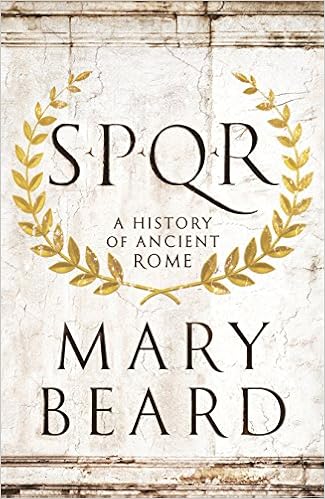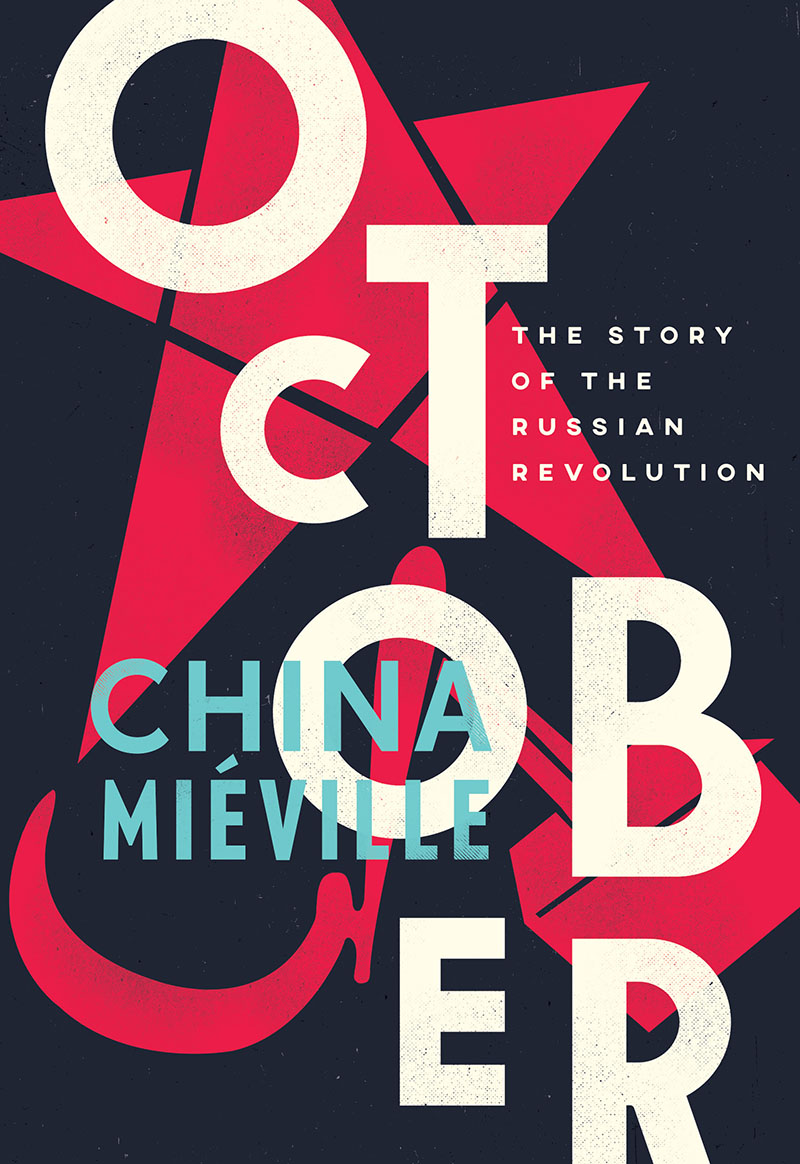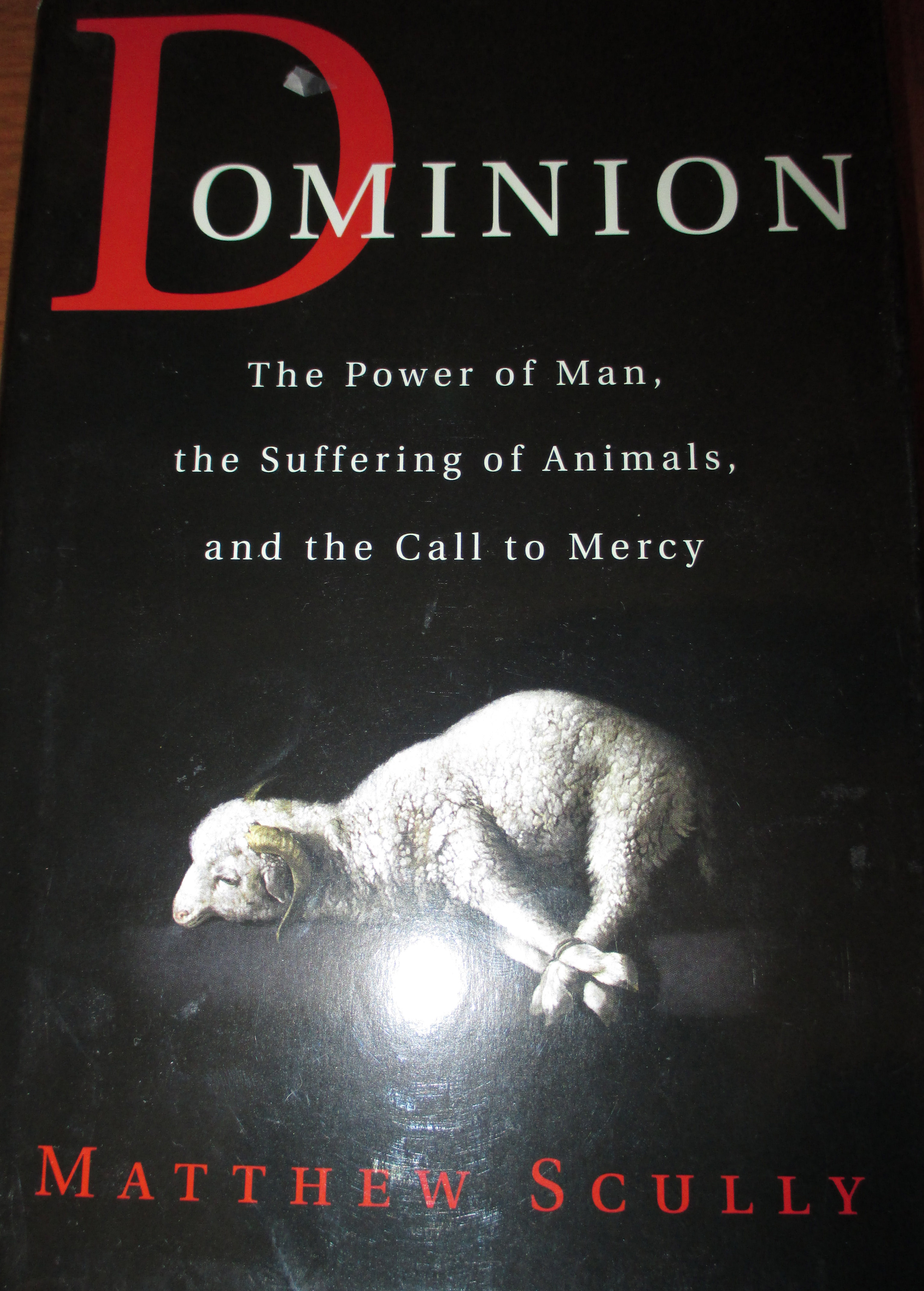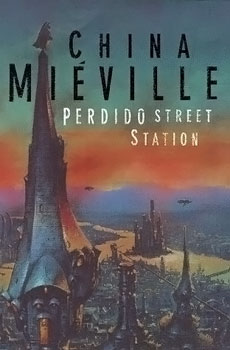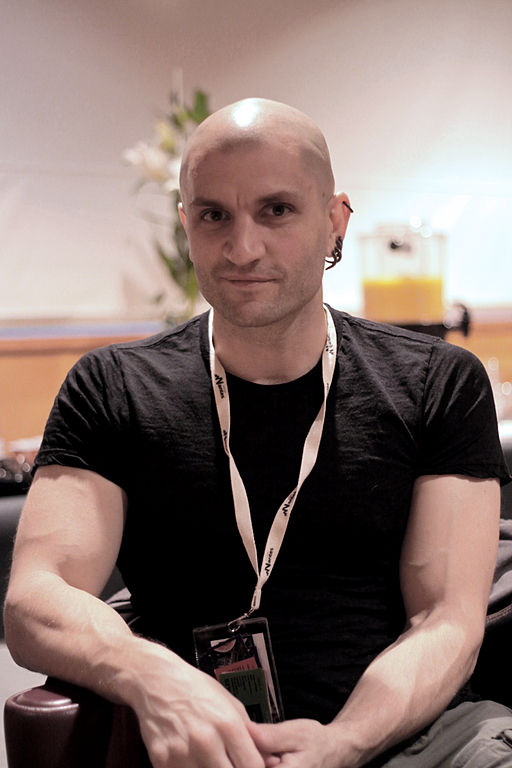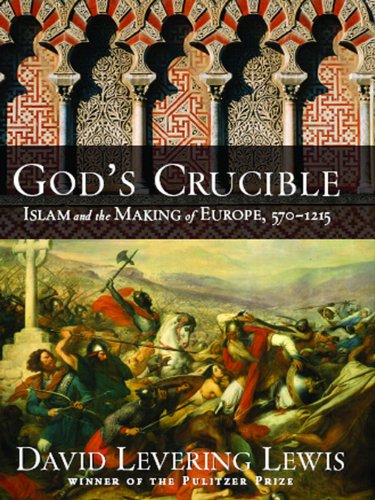This is not a list of the “best” fantasy or SF. There are huge numbers of superb works not on the list. Those below are chosen not just because of their quality—which though mostly good, is variable—but because the politics they embed (deliberately or not) are of particular interest to socialists. Of course, other works—by the same or other writers—could have been chosen: disagreement and alternative suggestions are welcomed. I change my own mind hour to hour on this anyway.
Iain M. Banks—Use of Weapons (1990)
Socialist SF discussing a post-scarcity society. The Culture are “goodies” in narrative and political terms, but here issues of cross-cultural guilt and manipulation complicate the story from being a simplistic utopia.
Edward Bellamy—Looking Backward, 2000–1887 (1888)
A hugely influential, rather bureaucratic egalitarian/naïve communist utopia. Deals very well with the confusion of the “modern” (19th Century) protagonist in a world he hasn’t helped create (see Bogdanov).
Alexander Bogdanov—The Red Star: A Utopia (1908; trans. 1984)
This Bolshevik SF sends a revolutionary to socialist Mars. The book’s been criticized (with some justification) for being proto-Stalinist, but overall it’s been maligned. Deals well with the problem faced by someone trying to adjust to a new society s/he hasn’t helped create (see Bellamy).
Emma Bull & Steven Brust—Freedom & Necessity (1997)
Bull is a left-liberal and Brust is a Trotskyist fantasy writer.F&Nis set in the 19th Century of the Chartists and class turmoil. It’s been described as “the first Marxist steampunk” or “a fantasy for Young Hegelians.”
Mikhail Bulgakov—The Master and Margarita (1938; trans. 1967)
Astonishing fantasy set in ’30s Moscow, featuring the Devil, Pontius Pilate, The Wandering Jew, and a satire and critique of Stalinist Russia so cutting it is unbelievable that it got past the censors. Utterly brilliant.
Katherine Burdekin (aka “Murray Constantine”)—Swastika Night (1937)
An excellent example of the “Hitler Wins” sub-genre of SF. It’s unusual in that it was published by the Left Book Club and it was written while Hitler was in power, so the fear of Nazi future was immediate.
Octavia Butler—Survivor (1978)
Black American writer, now discovered by the mainstream after years of acclaim in the SF field.Kindredis her most overtly political novel, the Patternmaster series the most popular. Survivor brilliantly blends genre SF with issues of colonialism and racism.
Julio Cortázar—“House Taken Over” (1963?)
A terrifying short story undermining the notion of the house as sanctity and refuge. A subtle destruction of the bourgeois oppositions between public/private and inside/outside.
Philip K. Dick—A Scanner Darkly (1977)
Could have picked almost any of his books. Like all of them, this deals with identity, power, and betrayal, here tied in more directly to social structures than in some other works (though see Counter-Clock World and The Man in the High Castle). Incredibly moving.
Thomas Disch—The Priest (1994)
Utterly savage work of anti-clericalism. A work of dark fantasy GBH against the Catholic Church (dedicated, among others, to the Pope…)
Gordon Eklund—All Times Possible(1974)
Study of alternative worlds, including an examination of hypothetical Left-wing movements in alternative USAs.
Max Ernst—Une Semaine de Bonté (1934)
The definitive Surrealist collage novel. A succession of images the reader is involved in decoding. A Whodunwhat, with characters from polite commercial catalogues engaged in a story of little deaths and high adventure.
Claude Farrère—Useless Hands (1920; trans. 1926)
Bleak Social Darwinism, and a prototype of “farewell to the working class” arguments. The “useless hands”—workers—revolt is seen as pathetic before inexorable technology. A cold, reactionary, interesting book.
Anatole France—The White Stone (1905; trans. 1910)
In part, a rebuttal to the racist “yellow peril” fever of the time—a book about “white peril” and the rise of socialism. Also interesting isThe Revolt of the Angels, which examines now well-worn socialist theme of Lucifer being in the right, rebelling against the despotic God.
Jane Gaskell—Strange Evil(1957)
Written when Gaskell was 14, with the flaws that entails. Still, however, extraordinary. A savage fairytale, with fraught sexuality, meditations on Tom Paine and Marx, revolutionary upheaval depicted sympathetically, but without sentimentality; plus the most disturbing baddy in fiction.
Mary Gentle—Rats and Gargoyles (1990)
Set in a city that undermines the “feudalism lite” of most genre fantasy. An untypical female protagonist has adventures in a cityscape complete with class struggle, corruption, and racial oppression.
Charlotte Perkins Gilman—“The Yellow Wallpaper” (1892)
Towering work by this radical thinker. Terrifying short story showing how savage gender oppression can inhere in “caring” relationships just as easily as in more obviously abusive ones. See also her feminist/socialistic utopias “Moving the Mountain” (1911) andHerland(1914).
Lisa Goldstein—The Dream Years (1985)
A time-slip oscillating between Paris in the 1920s, during the Surrealist movement, and in 1968, during the Uprising. Uses a popular fantastic mode to examine the relation between Surrealism as
the fantastic mode
par excellence and revolutionary movements (if nebulously conceived).
Stefan Grabiński—The Dark Domain (1918–22; trans. and collected 1993)
Brilliant horror by this Polish writer. Unusually locates the uncanny and threatening within the very symbols of a modernizing industrialism in Poland: trains, electricity, etc. This awareness of the instability of the everyday marks him out from traditional, “nostalgic” ghost story writers.
George Griffith—The Angel of Revolution (1893)
Rather dated, but unusual in that its heroes are revolutionary terrorists. Very different from the devious anarchist villains of (e.g.) Chesterton.
Imil Habibi—The Secret Life of Saeed the Pessoptimist (1974; trans. 1982)
The full title is much longer. Habiby was a member of the Palestinian Community Party, a veteran of the anti-British struggle of the 40s, and a member of the Knesset for several years. This amiable, surreal book is about the life of a Palestinian in Israel (with surreal bits, and aliens).
M. John Harrison—Viriconium Nights (1984)
A stunning writer, who expresses the alienation of the modern everyday with terrible force. Fantasy that mercilessly uncovers the alienated nature of the longing for fantastic escape, and show how that fantasy will always remain out of reach. Punishes his readers and characters for their involvement with fantasy. See alsoThe Course of the Heart.
Ursula K. Le Guin—The Dispossessed: An Ambiguous Utopia (1974)
The most overtly political of this anarchist writer’s excellent works. An examination of the relations between a rich, exploitive capitalist world and a poor, nearly barren (though high-tech) communist one.
Jack London—Iron Heel (1907)
London’s masterpiece: scholars from a 27th Century socialist world find documents depicting a fascist oligarchy in the US and the revolt of the proletariat. Elsewhere, London’s undoubted socialism is undermined by the most appalling racism.
Ken MacLeod—The Star Fraction (1996)
British Trotskyist (of strongly libertarian bent), all of whose (very good) works examine Left politics without sloganeering.
The Stone Canal, for example, features arguments about distortions of Marxism. However, The Star Fraction is chosen here as it features Virtual Reality heroes of the left, by name—a roll call of genuine revolutionaries recast in digital form.
Gregory Maguire—Wicked (1995)
Brilliant revisionist fantasy about how the winners write history. The loser whose side is here taken is the Wicked Witch of the West, a fighter for emancipatory politics in the despotic empire of Oz.
J. Leslie Mitchell (Lewis Grassic Gibbon)—Gay Hunter(1934, reissued 1989)
By the Marxist writer of the classic work of vernacular Scots literatureA Scots Quair, andSpartacus, the novel that proves that propaganda can be art. This is great science fiction. Bit dewy-eyed about hunter-gatherers perhaps, but superb nonetheless. As an added bonus, it also has a title that sounds amusing today. Check out his short fiction, which includes a lot of SF/Fantasy work.
Michael Moorcock—Hawkmoon (1967–77, reprinted in one edition 1992)
Moorcock is an erudite Left-anarchist and a giant of fantasy literature. Almost everything he’s written is of interest, but Hawkmoon is chosen here in honor of Moorcock having said about it: “In a spirit consciously at odds with the jingoism of the day, I chose a German for a hero and the British for villains.” There are also plenty of satirical references and gags about 1960s/70s politics for the reader to decode.
William Morris—News From Nowhere (1888)
A socialist (though naively pastoral) utopia, written in response to Bellamy (above), that unusually doesn’t shy away from the hard political question of how we get the desired utopia-proletarian revolution. See alsoThe Well at the World’s Endand his other fantasies.
Toni Morrison—Beloved (1987)
It’s well known thatBelovedis a superb book about race and slavery and guilt, but it’s less generally accepted that it’s a fantasy. It is. It’s a ghost story that wouldn’t have half the charge without the fantastic element.
Mervyn Peake—The Gormenghast Novels (1946–59)
An austere depiction of dead ritualism and necessary transformation. Don’t believe those who say that the third book is disappointing.
Marge Piercy—Woman on the Edge of Time (1976)
A Chicano woman trapped in an asylum makes contact with a messenger from a future utopia, born after a “full feminist revolution”.
Philip Pullman—Northern Lights (1995)
Pullman let us down. This book is here because it deals with moral/political complexities with unsentimental respect for its (young adult) readers and characters. Explores freedom and social agency, and the question of using ugly means for emanicipatory ends. It raises the biggest possible questions, and doesn’t patronise us that there are easy answers. The second in the trilogy,The Subtle Knife, is a perfectly good bridging volume… and then in book three,The Amber Spyglass, something goes wrong. It has excellent bits, it is streets ahead of its competition… but there’s sentimentality, a hesitation, a formalism, which lets us down. Ah well.Northern Lightsis still a masterpiece.
Ayn Rand—Atlas Shrugged (1957)
Know your enemy. This panoply of portentous Nietzcheanism lite has had a huge influence on American SF. Rand was an obsessive “objectivist” (libertarian pro-capitalist individualist) whose hatred of socialism and any form of “collectivism” is visible in this important an influential—though vile and ponderous—novel.
Mack Reynolds—Lagrange Five (1979)
Reynolds was, for 25 years, an activist for the U.S. Socialist Labor Party. His radical perspective on political issues is reflected throughout his work. This book—examining a quasi-utopia without sentimentalism—is only one suggestion. Also of huge interest are
Tomorrow Might Be Different (1960) and
The Rival Rigelians (1960), which explicitly examine the relation between capitalism and Stalinism.
Keith Roberts—Pavane (1968)
These linked stories take place in a present day where Elizabeth I was assassinated and Spain took over Britain. This examines life in a world where a militant feudal Catholicism acts as a fetter on social and productive functions. Though Roberts was no lefty at all, and you could probably power France on the energy from his spinning grave at being included in this list.
Kim Stanley Robinson—The Mars Trilogy (1992–96)
Probably the most powerful center of gravity for Leftist SF in the 1990s. A sprawling and thoughtful examination of the variety of social relations feeding into and leading up to revolutionary change. (It’s also got some Gramsci jokes in it.)
Mary Shelley—Frankenstein, or the Modern Prometheus (1818)
Not a warning “not to mess with things that should be let alone” (which would be a reactionary anti-rationalist message) but an insistence on the necessity of grappling with forces one unleashes and the fact that there is no “innate” nature to people, but a socially-constructed one.
Lucius Shepard—Life During Wartime (1987)
Horrific vision of a future (thinly disguised Vietnam) war. Within the savage examinations of the truth of war and U.S. foreign policy, Shepard also investigates the relation between SF, fantasy, and “magic realism”, and uses their shared mode to look back at reality with passion.
Norman Spinrad—The Iron Dream (1972)
A SF novel by Adolf Hitler… Spinrad’s funny, disturbing and savage indictment of the fascist aesthetics in much genre SF and fantasy. What if Hitler had become a pulp SF writer in New York? Not a book about that possibility but a book
from it. “By the same author: Triumph of the Will and Lord of the Swastika.” Brave and nasty.
Eugene Sue—The Wandering Jew (1845)
Huge book by radical socialist Sue, about the adventures of the family of the Wandering Jew of legend. Symbolic fantasy elements: the Jew is the dispossessed laborer and his partner is downtrodden woman. Marx hated Sue as a writer (not without reason—less, for Sue, is not in more) but hell, it’s an important book.
Michael Swanwick—The Iron Dragon’s Daughter (1993)
Great work that completely destroys the sentimental aspects of genre fantasy. From within the genre—fairies, elves, and all—Swanwick examines the industrial revolution, the Vietnam War, racism and sexism, and the escapist dreams of genre fantasy. A truly great anti-fantasy.
Jonathan Swift—Gulliver’s Travels (1726)
Savage attack on hypocrisy and cant that never dilutes its fantasy with its satire: the two elements feed off each
other perfectly.
Alexei Tolstoy—Aelita (1922; trans. 1957)
Distant relative of the other Tolstoy. The “revised” version is less good, written in the stern environment of Stalinism. A Red Army officer goes to Mars and foments a rebellion of native Martians. Good rousing stuff, but also interesting in terms of “exporting” revolution. See also the superb avant-garde film version from 1924.
Ian Watson—Slow Birds (1985)
Left-wing author whose short story collection above includes a cold demolition of Thatcher and Thatcherism. His take on oppression—cognitive and political—informs all his rather austere, cerebral writing.
H.G. Wells—The Island of Dr Moreau (1896)
Like a lot of Wells’s work, this is an uneasy mixture of progressive and reactionary notions. It makes for one of the great horror stories of all time. A fraught examination of colonialism, science, eugenics, repression, and religion: a kind of fantasy echo of Shakespeare’sThe Tempest.
E. L. White—“Lukundoo” (1927)
One of the most utterly extraordinary (and almost certainly unconscious) expressions of colonial anxiety and guilt in the history of literature.
Oscar Wilde—The Happy Prince and Other Stories (1888)
Children’s fantasies by this romantic, socialist author. Marked by a sharp lack of sentimentality, a deeply subversive cynicism, which doesn’t blunt their ability to be intensely moving.
Gene Wolfe—The Fifth Head of Cerberus (1972)
Wolfe is a religious Republican, but his tragico-Catholic perspective leads to a deeply unglamorized and unsanitized awareness of social reality. This book is a very sad and extremely dense, complex meditation on colonialism, identity and oppression.
Yevgeny Zamyatin—We (1920; trans. 1924)
A Bolshevik, who earned semi-official unease in the USSR even in the early 1920s, with this unsettling dystopian view of absolute totalitarianism. These days often retrospectively, ahistorically, and misleadingly judged to be a critique of Stalinism.


